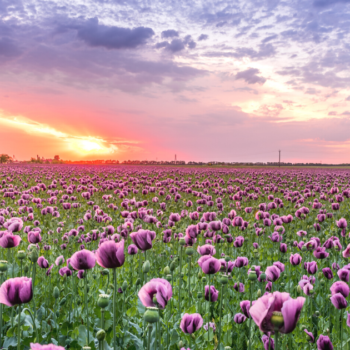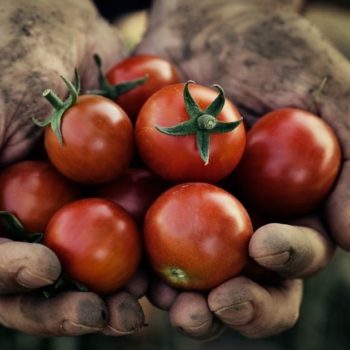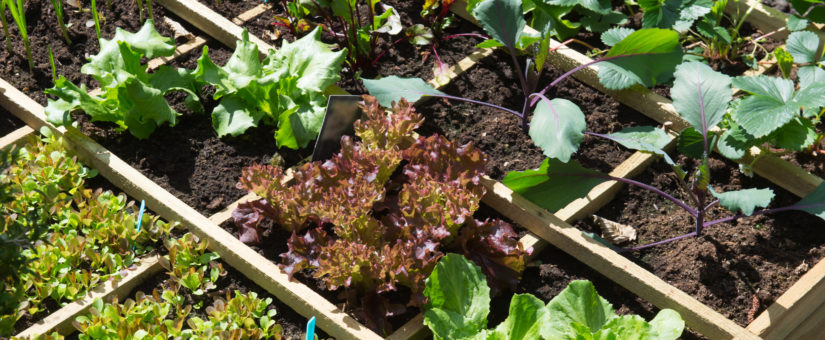
Container gardening: How to grow food anywhere
There’s nothing like preparing food plucked from your own garden.
Whether you live in a 500 square-foot apartment or on a five-acre property, container gardening lets you customize your crop for any situation. Since containers can easily be moved around, you can also take advantage of the best sunlight (or shade) throughout the season, no matter where you are.
After the initial cost of purchasing containers, soil, and seeds, growing your own fruits and veggies is extremely cost-effective, especially when compared to buying them at the grocery store.
The benefits of container gardening are as endless as a summer day and the best part is, anyone can do it.
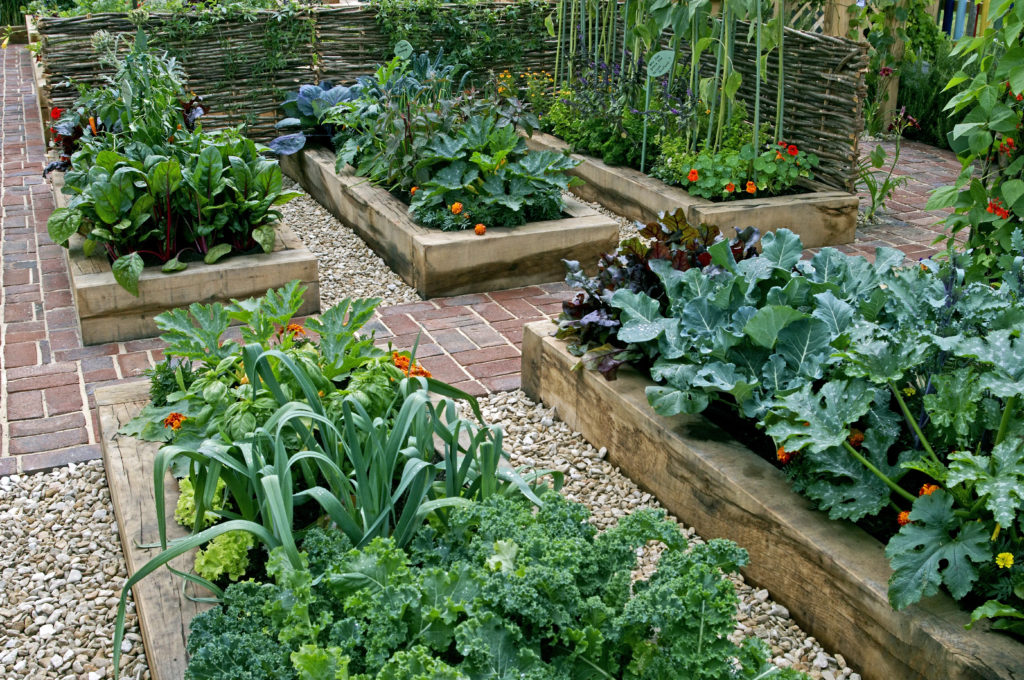
Tips for better container gardening
From kale and lettuce to beans and basil, you can grow anything you want in a container.The first thing to consider is what you’ll actually eat. As soon as you’ve got a list of your favourite veggies, have a look at the following seven tips for a thriving container garden whether it’s growing in your backyard, balcony, or kitchen window:
- Follow the sun
Most plants need at least six hours of sunlight a day to grow. Observe potential container locations throughout the day to establish optimal growing locations. Keep in mind, the soil should be at least 60 degrees Fahrenheit. Before moving your plants outside, make sure to acclimate them to outdoor conditions and try HYSHIELD. When applied to crops as a foliar spray or drench, our unique formula can increase your plant’s resilience in high heat and cold environments
- Thirsty Work
Watering your container garden is time-consuming but crucial for the health of your crop. All plants need water, and some, like cucumbers, need lots of it. The objective is to keep your soil moist but not soaking wet. By midsummer, you may need to water some plants up to twice a day.
- Soil science
Good soil anchors plants, provides ample drainage, sufficient air circulation, nutrients, and a balanced pH level. While it can be tempting to reuse soil from season to season, this practice can easily attract destructive pathogens. Look for fresh potting soils, and preferably ones that include common ingredients like peat moss, sand, shredded bark, coconut coir, or vermiculite.
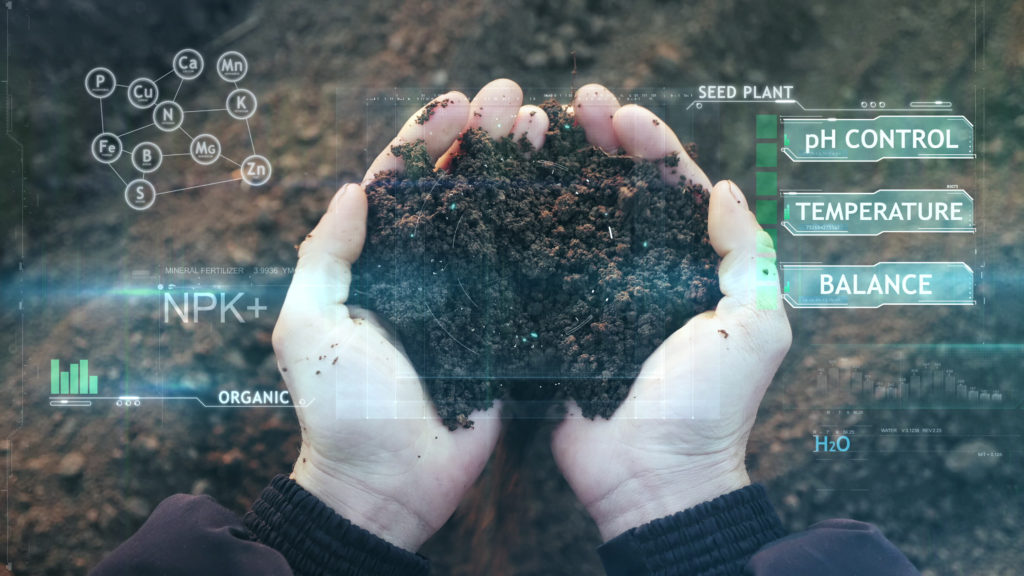
- Plant food
If your soil doesn’t have fertilizer already mixed in, you’ll need to add some throughout the growing season. While plants in the ground can use their roots to find new nutrients as primary sources deplete, container plants don’t have that luxury.
- Drainage solutions
Optimal drainage is an absolute must if you want to keep your plants from drowning. A single large hole or several smaller ones at the base of your container should suffice. Without adequate drainage, roots rot and plants slowly wither away.
- Countless containers
In addition to standard garden containers, plants will flourish in just about anything that can hold soil. Fill an old tin can or a tire. The rule of thumb is the more soil a container can hold, the less you’ll need to water your plants. Go for containers that are at least 12 inches. Wooden pots, self-watering containers, and even 5-gallon plastic buckets from the hardware store are all excellent. If you’re committed to terra cotta, be sure to use a plastic liner since the clay will compete with your soil for moisture.
- Rules of survival
Specific plants like specific containers. Tall plants like sturdier pots or else they may become top-heavy and cause the pot to fall over. Plants from bulbs, like onions, require less soil depth, while plants with long taproots, like carrots and beets, need deep pots with plenty of soil.
With container gardening, you have so many choices.Now it’s time to fill a few containers with soil, drop in some seeds and savour the fruits of your labour.
- On April 27, 2020

